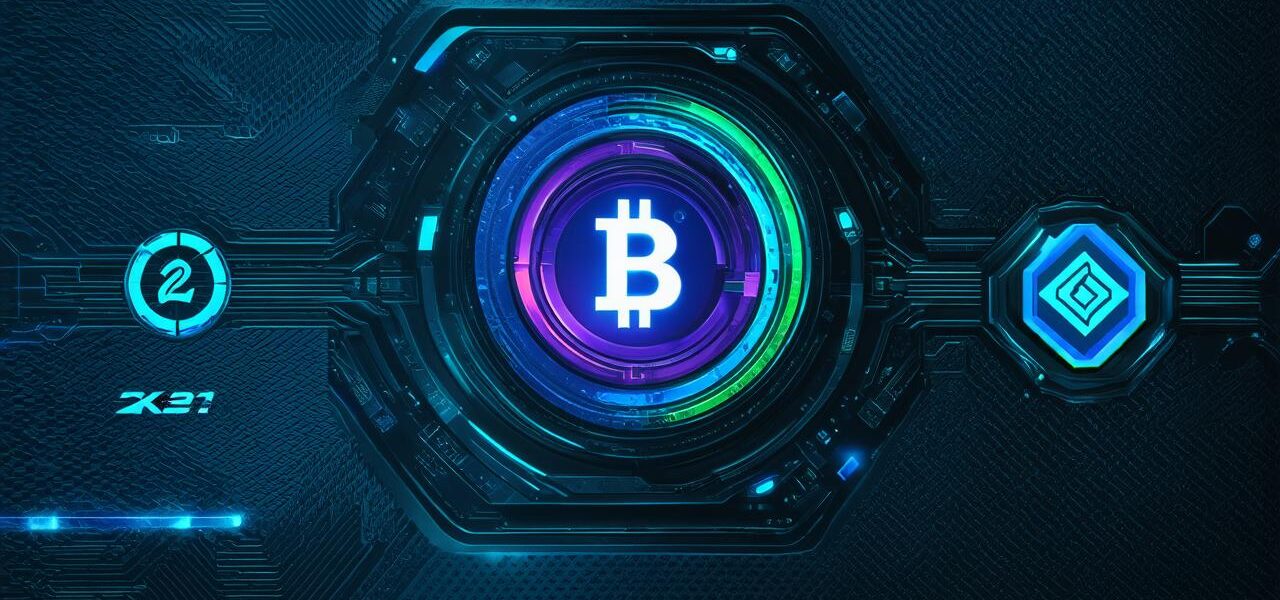
Exploring the Evolution and Future Prospects of Blockchain Development
What is Blockchain?
A blockchain is a decentralized, distributed ledger that records transactions in a way that makes it tamper-proof and secure. It was initially designed for the digital currency Bitcoin but has since been adopted by various industries to enhance transparency, security, and efficiency.
Key Features of Blockchain
- Decentralization: Blockchain is decentralized, meaning that there is no central authority controlling the network. Instead, transactions are validated by a distributed network of computers, making it more secure and resistant to attacks.
- Immutability: Once a transaction is recorded on the blockchain, it cannot be changed or deleted. This makes the blockchain immutable and ensures that records are tamper-proof.
- Security: Blockchain technology uses cryptography to secure transactions and prevent unauthorized access. It also employs consensus algorithms to ensure that all nodes in the network agree on the state of the ledger.
- Transparency: All transactions on the blockchain are publicly visible, making it easier to track and verify transactions. This transparency makes it more difficult for fraud and corruption to occur.
Evolution of Blockchain Development
Blockchain development has come a long way since its inception. Here are some of the major milestones that have shaped the evolution of blockchain technology:
- The Bitcoin Revolution: Bitcoin was the first cryptocurrency to use blockchain technology, and it revolutionized the way people transacted online. Launched in 2009 by an anonymous individual or group under the pseudonym Satoshi Nakamoto, Bitcoin brought a new level of decentralization, security, and privacy to online transactions.
- The Rise of Smart Contracts: Smart contracts are self-executing programs that run on the blockchain. They were introduced by Ethereum, another popular cryptocurrency platform launched in 2015. Smart contracts have since become a crucial component of blockchain technology, enabling developers to create decentralized applications (dApps) that can execute complex transactions automatically.
Blockchain-Based Industries
Blockchain technology has been adopted by various industries to enhance transparency, security, and efficiency. Some of the major industries that have embraced blockchain technology include:
- Finance: Blockchain technology is being used in the finance industry to enable faster and more secure transactions. It is also being used to create decentralized financial applications (dApps) that provide financial services like lending, borrowing, and trading without intermediaries.
- Healthcare: Blockchain technology is being used in the healthcare industry to improve data privacy, security, and interoperability. It is enabling patients to control their medical records and share them securely with healthcare providers, reducing the risk of errors and fraud.
- Supply Chain Management: Blockchain technology is being used in supply chain management to enhance transparency, traceability, and efficiency. It is enabling companies to track products from production to consumption, reducing the risk of counterfeit goods and improving product quality.
- Voting Systems: Blockchain technology is also being adopted for voting systems to ensure transparency, security, and accessibility. For example, West Virginia has implemented a blockchain-based voting system that enables military personnel to vote securely from anywhere in the world.
Future of Blockchain Development
The future of blockchain development is promising, with many potential applications across various industries. Here are some of the emerging trends and technologies that are set to shape the future of blockchain:
- Decentralized Finance (DeFi): Decentralized finance (DeFi) is an ecosystem of financial applications built on the blockchain. It enables users to access financial services like lending, borrowing, and trading without intermediaries, making it more transparent, secure, and accessible.
- Non-Fungible Tokens (NFTs): Non-fungible tokens (NFTs) are unique digital assets that represent ownership of a specific item, such as art, collectibles, or in-game items. NFTs are stored on the blockchain and can be bought, sold, and traded like traditional assets.
- Blockchain Governance: Blockchain governance refers to the use of blockchain technology to enable more efficient and transparent governance processes. For example, Estonia has implemented a blockchain-based e-government system that enables citizens to access government services online securely.
Conclusion
Blockchain development is a rapidly evolving field with enormous potential to enhance transparency, security, and efficiency across various industries. Whether you are an individual, organization, or government, blockchain technology has the ability to revolutionize the way we interact and transact with each other.




